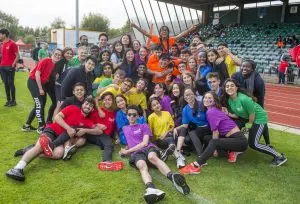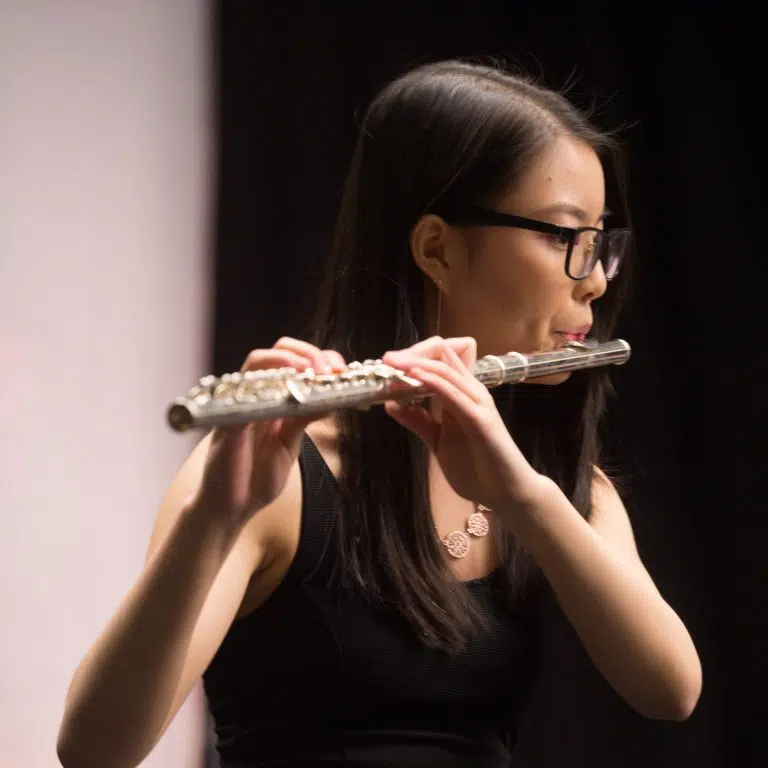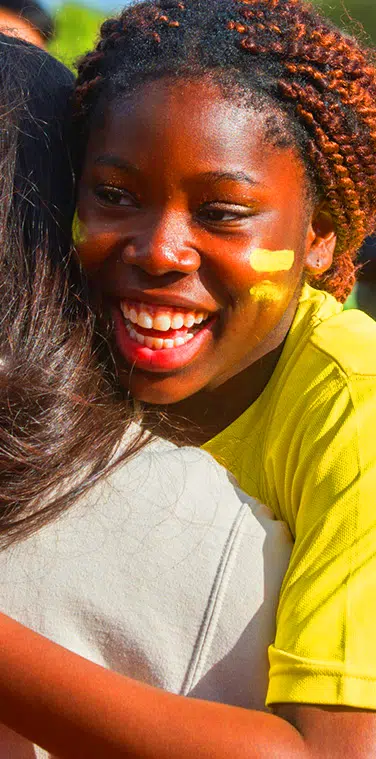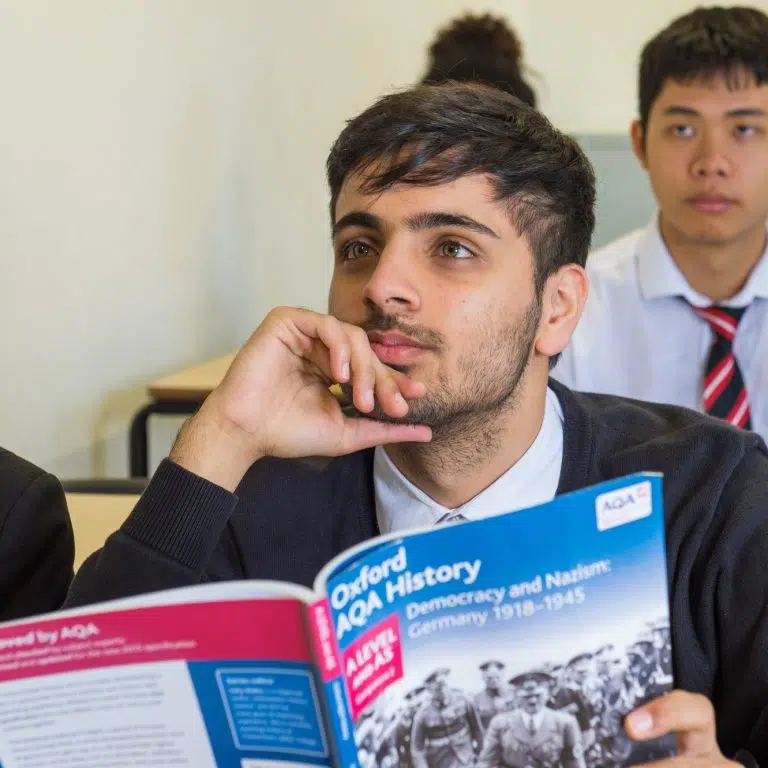Having never formally studied psychology, physiology or sports science, I find myself rather fraudulently turning to these disciplines when attempting to explain how to learn effectively. In my defence, my interest in these fields goes back a long way and I have been fortunate to work with some experts in the field, throughout my own career. It remains the case, however, that understanding how psychologists advise athletes, leaders and other elite performers on how to maximize their own potential, translates neatly to education. And it is often the most counter-intuitive advice that contains the most wisdom.
In ‘The Promises of Giants’, psychologist and former NBA basketball star John Amaechi reminds his readers that ‘you can’t pour from an empty cup’. A simple truism, perhaps, but when exploring concepts such as resilience, wellbeing and productivity we can easily slip into the notion that super-human effort is the mark of a successful individual. This outdated world-view is damaging and creates an unfair feeling of inadequacy. The reality is quite different: an elite sportsperson thrives because they understand the value of rest and recovery as a key component of their training regime. Similarly, a student or a teacher must embrace the opportunity to take meaningful rest breaks throughout the week, focusing on sleep, nutrition, hydration and exercise as the cornerstones of their wellbeing. Learning, after all, is predicated on positive wellbeing.
Holidays present us with the perfect opportunity to re-charge, re-set and relax. We all have an off-switch and we need to learn how to use it. From my perspective, having an extended break from school is a gift which we must embrace and through which we can all become better learners, teachers and leaders. If the cup is empty at the end of term, then the holiday is the opportunity to fill it back up to the brim.
Some may be looking forward to ski slopes or winter sun. I shan’t hide my envy at those who have such opportunities but regardless of where the holiday is spent, it is who it is spent with which really makes the difference. The opportunity to spend extended time with family and friends is a privilege we must never lose sight of. Those are the connections which sustain us and focusing on those connections makes our safety net stronger and ourselves more resilient.
Self-care should not be reserved for time away from school and should indeed be an habitual part of our daily routine. Even so, the opportunity to indulge in pastimes for extended periods, to seek cultural engagement or to go further-afield in one’s pursuit of outdoor activity is often reserved for school holidays and I, for one, cannot wait to make memories this December, as I swap my school shoes for walking boots and my computer screen for the theatre.
Rarely do students endure an end of term assembly with me without being reminded of the benefits of reading. This cannot be over-emphasised and I would encourage everyone to dive into a couple of good novels and one or two non-fiction titles which will only serve to expand their own minds and intellectual curiosity.
And now for the controversial bit. Many students will protest that if they don’t work over the holidays, their grades will suffer. After all, many schools, this one included, hold ‘mock’ exam sessions in January. I would be a hypocrite if I advocated doing no work in the holidays as my own family will testify that I certainly do. But I see nothing wrong with this. It is often by spending thinking and planning time on bigger projects during time away from work that some of the best ideas come forward. Headspace cannot be under-estimated and by spending a few half-days working, I find I can not only keep in touch but also that I will return to the new term with the foundations and scaffolding of exciting new projects already well in place. For a committed student, spending a few hours during the week going over notes and revising might sound like a hardship but doing so in a relaxed environment, away from school, will always be more productive than ploughing into revision as soon as the new year arrives or working late into the night in the run-up to January assessments.
Holidays, therefore, are for filling the cup. Enriching mind, body and soul through meaningful intellectual, social and physical activity and even more meaningful rest. To fill my own cup, this Christmas, I shall do all of the things I love to do which includes (I am not ashamed to admit) some creative thinking and planning, with appropriate headspace, on how to make the next term even more successful and rewarding than the last. My cup runneth over!
Tom Arrand – Head, Cardiff Sixth Form College
Categories: Articles



